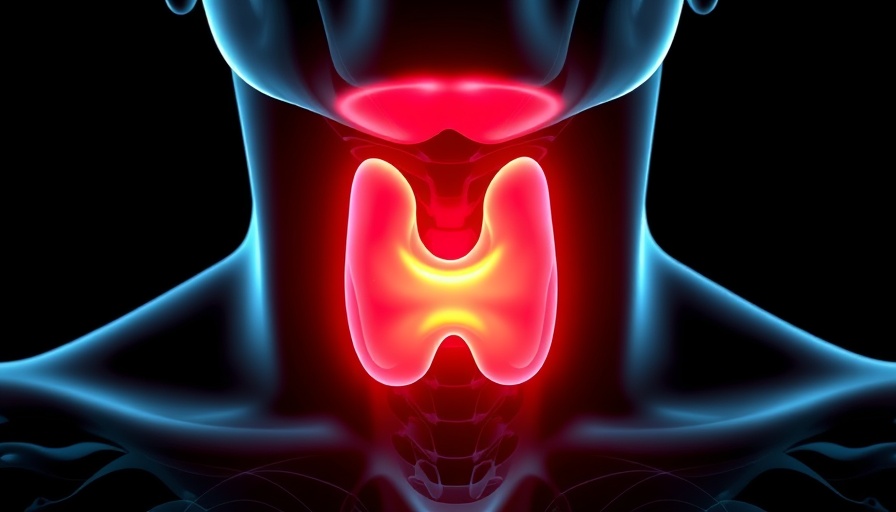
Understanding the Alarming Trend of Young Adults Skipping Dental Visits
In recent findings, it was reported that about one in three young adults skipped visiting the dentist in the past year. This statistic reveals a concerning trend, especially as oral health is intrinsically linked to overall well-being. The psychological and socioeconomic pressures facing young adults today may contribute significantly to their hesitance to seek dental care.
The Barriers Young Adults Face
Financial barriers are at the forefront of this dilemma. Many young adults face mounting student debt and job instability, leaving dental care as a low priority. According to an article published by the CareQuest Institute, a significant portion of Americans lack dental insurance, which complicates the situation further. With over 68 million adults in the U.S. not having dental coverage, cost becomes a formidable barrier.
Social Factors and Accessibility
Accessibility is yet another critical issue impacting dental visits. Long distances to dental clinics, coupled with a shortage of dental professionals, make it difficult for individuals, especially in underserved areas, to receive adequate care. As highlighted in research assessing the access disparities experienced by marginalized youth, many encounter logistical barriers that amplify health inequities.
Impacts on Mental Health
It's important to consider how skipping dental check-ups affects mental health. Poor oral health is linked to conditions like anxiety and depression. Individuals who neglect their dental health may feel embarrassed or ashamed about their appearance, which can spiral into more severe mental health issues. Addressing oral health should thus be seen as part of a more significant approach to mental wellness.
Future Predictions: A Shift in Approach Needed
Looking ahead, it is crucial that stakeholders, including policymakers, dentists, and educational institutions, work collaboratively to create solutions that can alleviate these barriers. This may include expanding insurance coverage, implementing community dental clinics, or encouraging the use of teledentistry to reach more people. Promising interventions, such as school-based dental programs, could also prove effective in engaging young adults.
Taking Action Towards Better Oral Health
As the trend of young adults forgoing dental visits continues, it becomes evident that a proactive approach is necessary. We can take action by advocating for enhanced oral health policies, increasing awareness about the importance of regular dental care, and improving accessibility to dental services.
Understanding these complex interplay of factors affecting young adults can help foster a healthier future. For anyone interested in improving their health and well-being, starting with regular dental visits could make all the difference.
 Add Row
Add Row  Add
Add 



Write A Comment